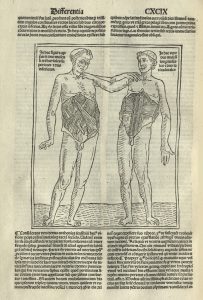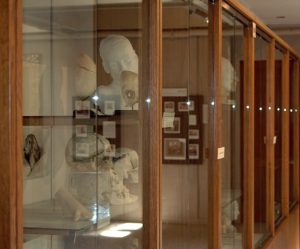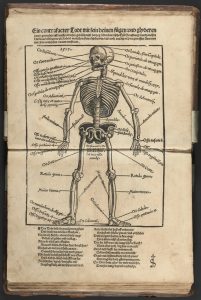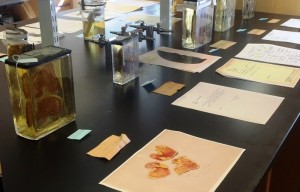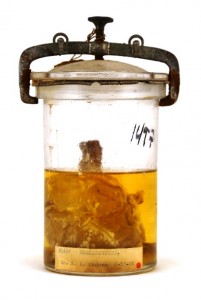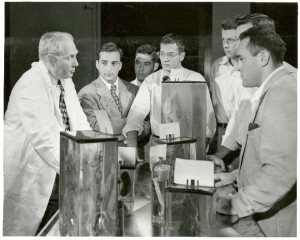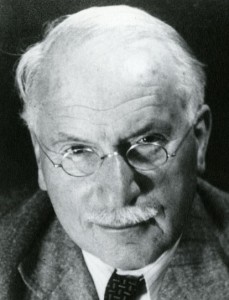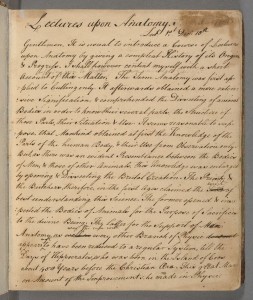Providing Remote Services and Support
The Center for the History of Medicine’s Holmes Hall reading room is currently closed due to COVID-19 precautions, but staff continue to provide remote support. Please contact chm@hms.harvard.edu for more information.
Center staff provide the following services:
- Schedule comprehensive consultations online (Zoom) or phone
- Provide support for students, researchers and faculty during online office hours. (Please sign up in advance and a link will be provided.)
- Assist in making arrangements for future visits and projects.
Online Resources:
Start your research remotely with the help of our collections’ online finding aids, and LibGuides. Other useful digital resources include:
- OnView: the Center’s primary portal to digitized content and exhibits
- Medical Heritage Library: online access to thousands of rare books, journals, pamphlets, and other items digitized as part of the Medical Heritage Library, Inc.’s consortium
- Dataverse: Research data available from Center collections
- Colonial North America: A Harvard Library project involving manuscript materials that relate to 17th- and 18th-century North America including items relating to science, medicine and health
- Fredrick Stare papers: In collaboration with the University of California, San Francisco, the professional collection of Fredrick Stare, founder of the Department of Nutrition at the now T.H. Chan School of Public health, is digitally available.
For even more open access resources provided through Harvard Library, please check this evolving list.
Follow us for further information and updates on Twitter and Instagram @HarvardHistMed
